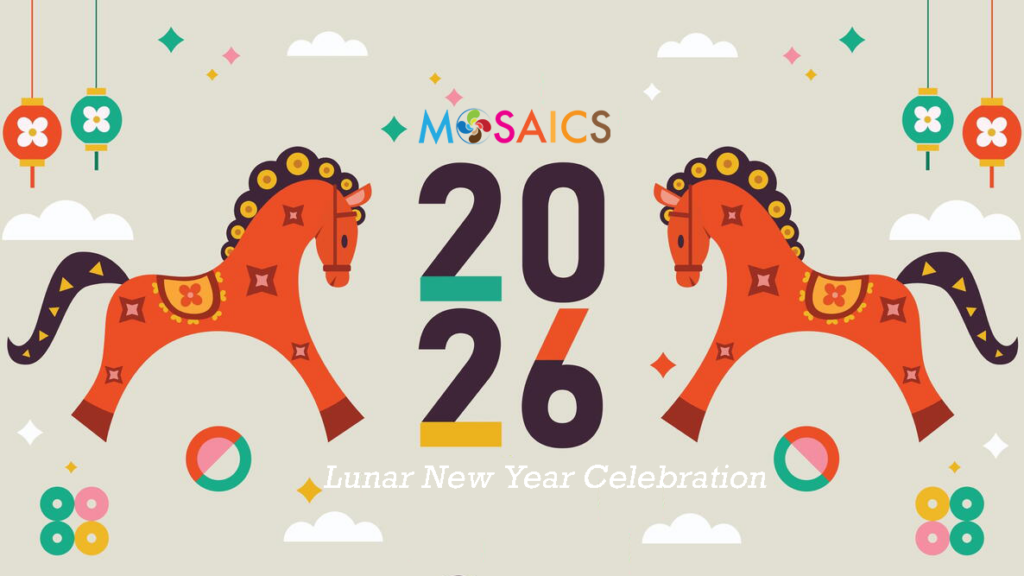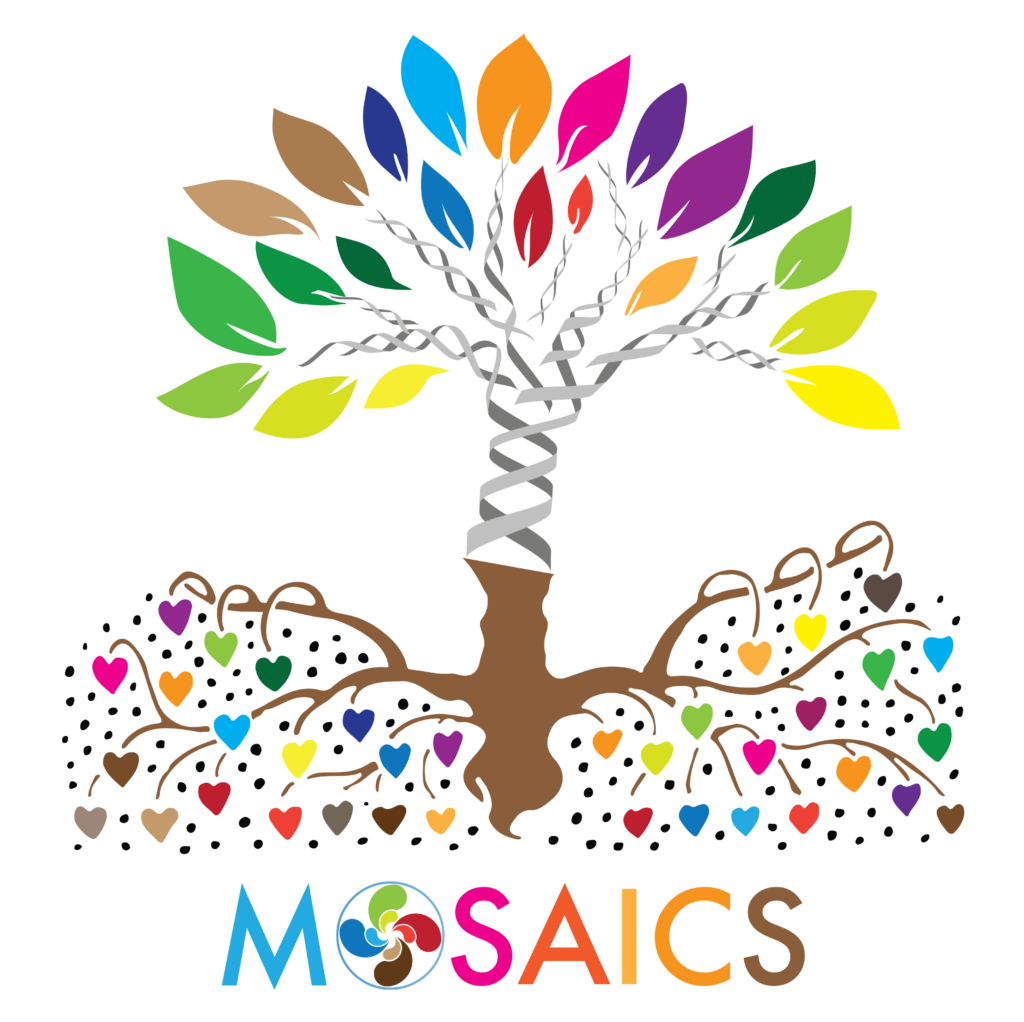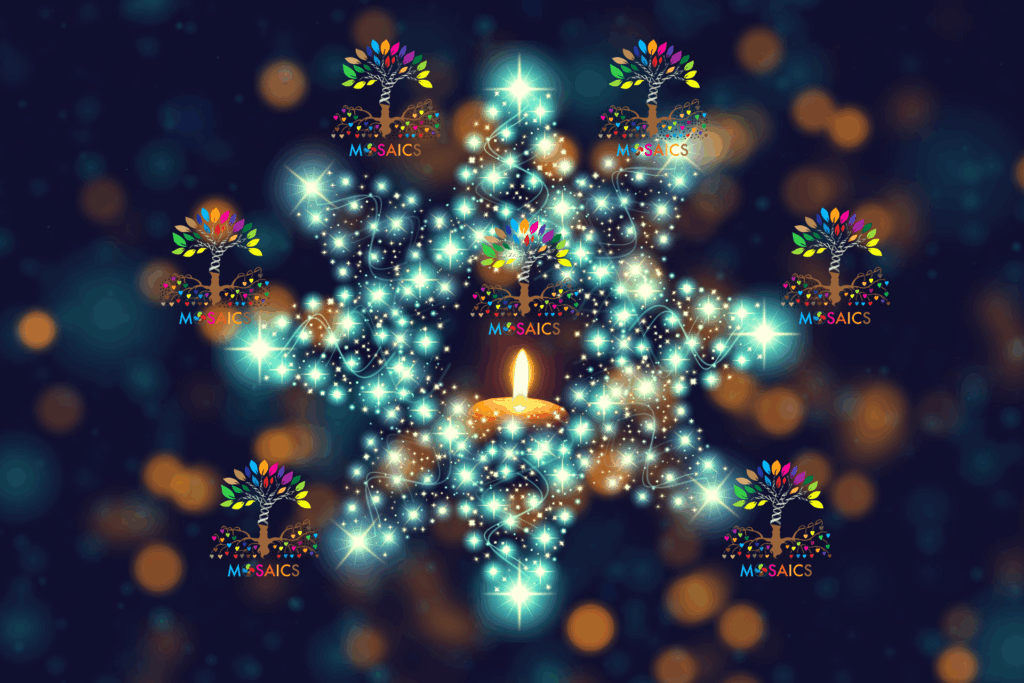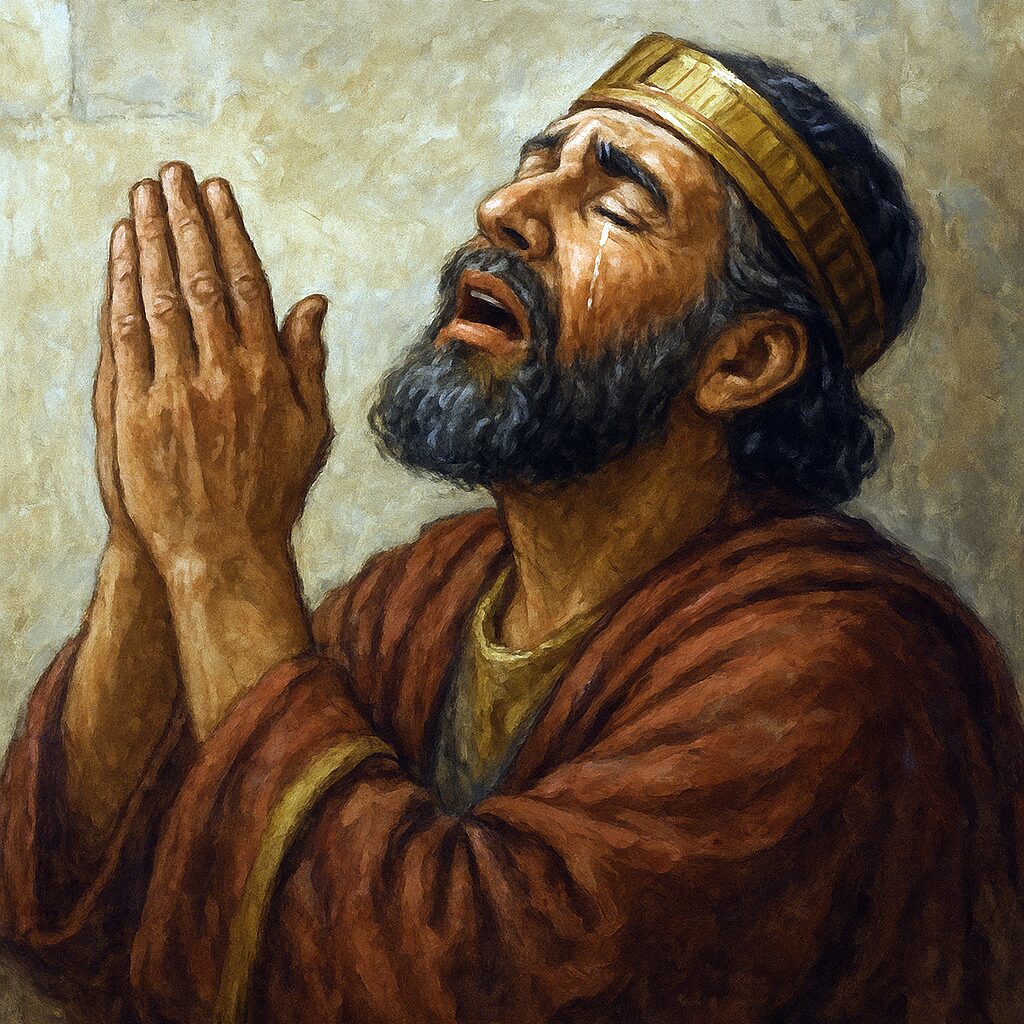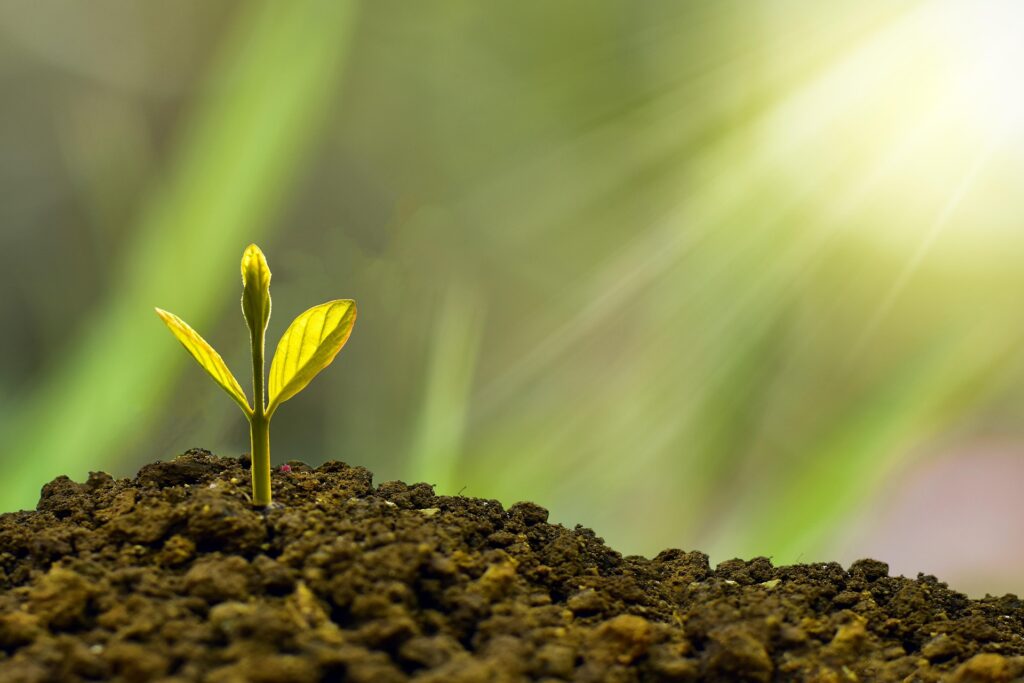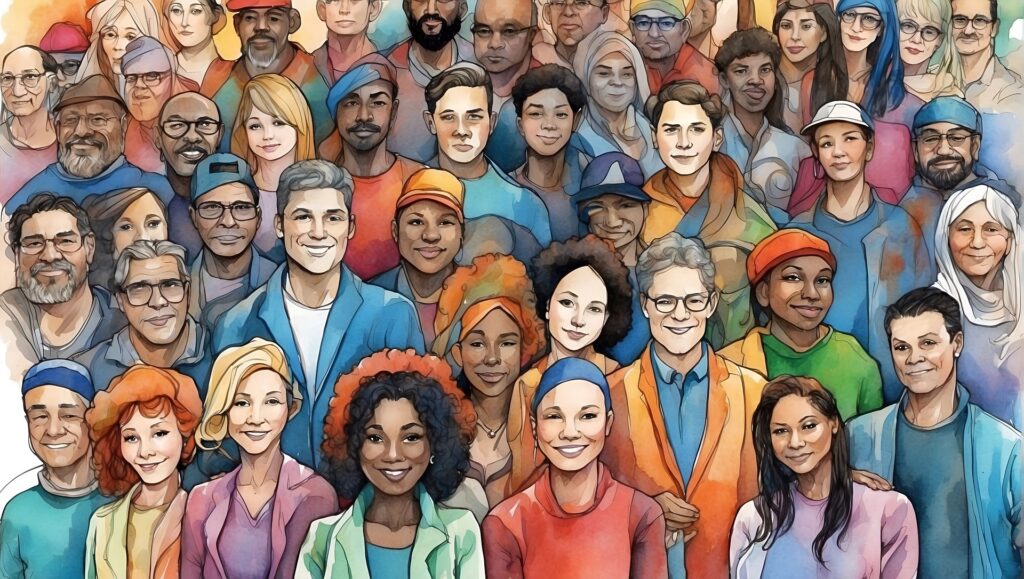“Third Culture, Third Place”: A Prophetic Call to the Church of Tomorrow
By Rev. Dr. Stephen Moon
Intercultural Mosaics
“You are no longer strangers and aliens, but fellow citizens with God’s people and also members of his household.” — Ephesians 2:19
In a world shaped by migration, multicultural identity, and social fragmentation, the Church is being summoned by the Spirit into a new kind of faithfulness. In North Central California and across the globe, God is calling us into unfamiliar spaces—in-between cultures and beyond traditional sanctuaries—to rediscover what it truly means to be a people of hope and hospitality.
Two transformative ideas help guide this journey: Third Culture and Third Place. Though sociological in origin, they point directly to a deeply biblical vision of intercultural belonging and redemptive presence—and they may just be the keys to our church’s renewal.
Third Culture: Living in the In-Between
A “Third Culture” individual is someone shaped by multiple cultural contexts, never fully belonging to any single one. These are the children of immigrants, missionaries, military families, refugees, international students, and others raised in hybrid worlds. In our diverse presbytery, many of our youth and adults already live this reality.
They are not rootless. They are richly rooted—just not in one soil.
The Bible is full of such people:
• Abraham left everything familiar to dwell in a land that was not his own. (Hebrews 11:8–10)
• Jesus, the incarnate Word, entered our world as the ultimate Third Culture person—divine and human, Jewish and global. (John 1:14)
• The early Church broke boundaries of race, gender, and class, forming a new culture defined by Christ—not ethnicity. (Galatians 3:28)
In our presbytery, God is raising up people who carry this sacred gift of hybridity—not as a threat, but as a bridge of reconciliation.
Third Place: Becoming Spaces of Grace
Sociologist Ray Oldenburg coined the term “third place” to describe neutral spaces outside home and work—coffee shops, parks, libraries—where community and conversation thrive. In the digital age, these are often online forums or neighborhood pop-ups.
What if the Church itself became the third place our world is searching for?
This was the heart of the early Christian movement. Acts 2 describes believers gathering daily—not only for worship, but for shared meals, radical generosity, and joyful community. Their homes and lives became sacred spaces where strangers became family. (Acts 2:42–47)
Jesus often met people in third places—a Samaritan woman at a well, a tax collector at his table, a rich ruler on the road. He taught us that God’s love is not confined to temples. It breaks out into streets, riversides, and village squares.
Today, our churches are being challenged to move from institution to incarnation—from programs to presence. Third places are where people feel safe, seen, and sent. The church must become that kind of place again.
The Convergence: Where Third Culture Meets Third Place
When third culture individuals find third places within our churches, transformation happens.
These spaces become sanctuaries of belonging and laboratories for mission. No longer just programs or pews, they become homes for the spiritually homeless, bridges for the culturally displaced, and greenhouses for Kingdom dreams.
Imagine:
- A downtown church hosting monthly dinners where immigrants, artists, retirees, and college students share stories.
- A suburban congregation turning their fellowship hall into a coworking café for hybrid workers and young parents.
- A rural church offering a bilingual Bible study led by a third culture youth.
This is not abstract theory. This is what many of our new worshiping communities, intercultural fellowships, and grassroots ministries in NCCP are already doing. And it is only the beginning.
A Word to the Presbytery
To my fellow pastors, elders, and members across North Central California:
We are living through a divine disruption.
The Spirit is stirring us to leave comfort for calling. To build churches not around tradition, but around transformation. And to see our diversity not as a challenge to manage, but as a Gospel to embody.
As Presbyterians, we value structure and history. But we are also Reformers—called to be Ecclesia semper reformanda—the Church always reforming.
Let us reform toward hospitality, hybridity, and holy presence.
Let us raise up leaders who can speak in many languages—not just of tongue, but of culture and heart.
Let us create third places where third culture people flourish—and in doing so, rediscover the church Jesus envisioned.
Closing Words of Hope
“Now the dwelling of God is with humanity, and He will live with them.” (Revelation 21:3)
This is the future we are invited to build: a church that looks more like heaven, where every culture brings its gifts and every story finds its place.
May we say yes.

